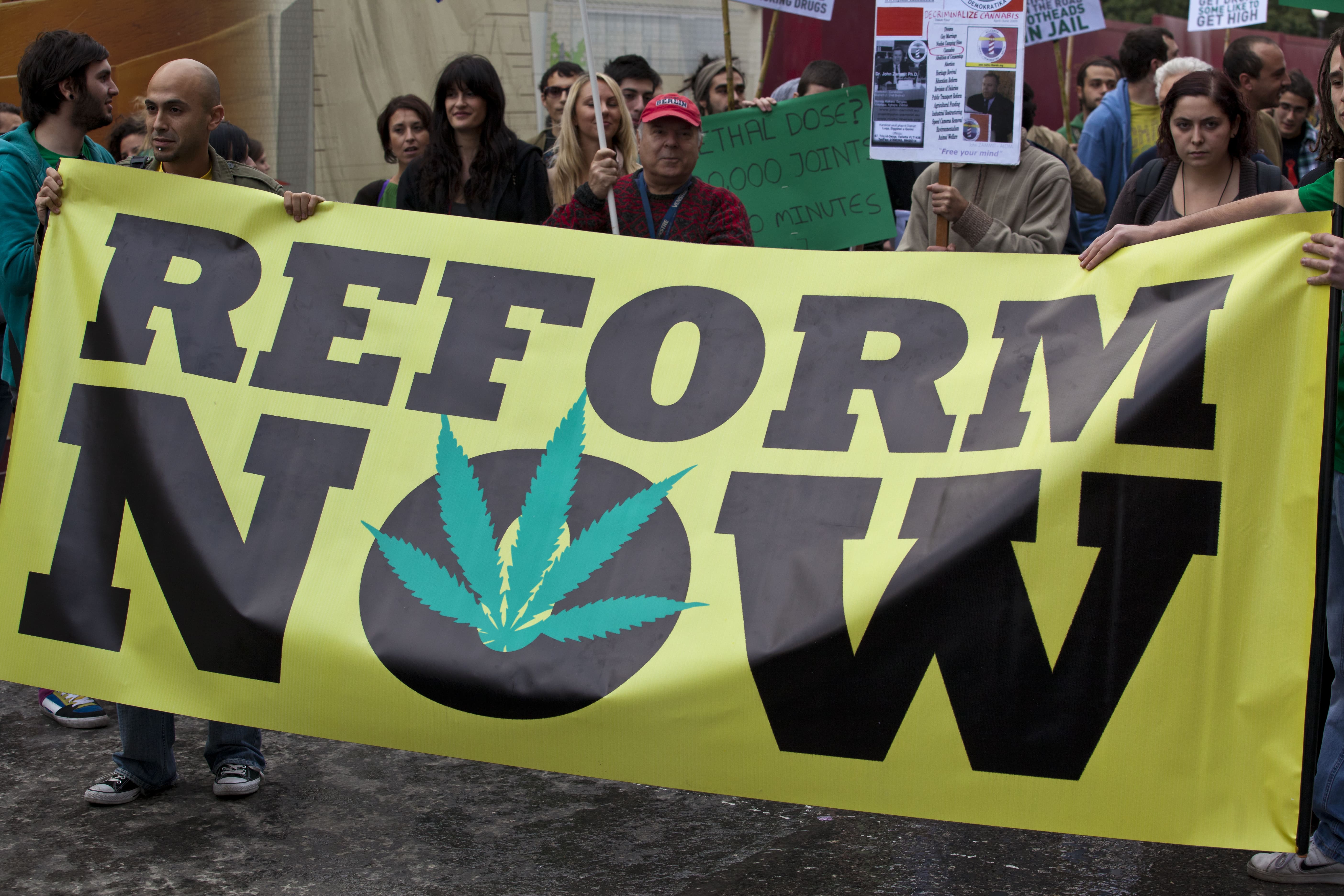Share This Article
Image credit: McCarthy’s PhotoWorks
Poppy Morandin.
Australian drug overdoses have increased for six consecutive years, prompting reflection on the urgent need for drug law reform.
The Pennington Annual Overdose Report 2021 has revealed that there were 2,227 overdose deaths in 2019.
1,644 of these deaths have been reported as unintentional.
Of these deaths, a majority have been contributed to opioids (882), benzo-diazepines (582), and stimulants (470).
256 people died from consuming synthetic cannabis, whilst no one has died from consuming natural cannabis.
41.4% of overdose deaths were those aged over 50 and are most commonly in rural and regional areas, disproportionately impacting males.
Furthermore, Aboriginal Australians are almost four times as likely to die of an overdose than non-Aboriginal Australians.
“Combining the Commonwealth’s own estimate of the value of a year of life lost with the average of 33 years of life lost for each overdose death means that overdose deaths alone cost our economy more than $15.5 billion every year. The cost to the families who lose a loved one is impossible to calculate.” commented Penington Institute CEO, John Ryan.
The rise in drug overdoses has led to public health and safety experts and drug law reform activists to question why the government hasn’t addressed the issue through law reform.
“Deaths from overdoses have outnumbered the road toll since 2014. Yet while governments commit themselves to the important work of reducing the road toll, overdoses continue to claim the lives of thousands of our loved ones in virtual silence.” continued Penington Institute CEO, John Ryan.
NSW Greens MP, Cate Faehrmann has been a strong advocate for law reform in the NSW Parliament.
“Despite billions of taxpayers’ dollars wasted on the war on drugs, deaths from drug overdoses have exploded in the last decade,” summarised Faehrmann.
“We will only start saving lives when the government adopts an approach that is health based and centred around reducing harm, not one focused on turning people who choose to use drugs into criminals. We need to provide help, not the threat of a jail sentence.
“It’s particularly devastating that 256 people died from consuming synthetic cannabis, because these deaths are entirely preventable. This is reason enough to legalise cannabis by taxing and regulating it, just as we do with alcohol, and just like dozens of other jurisdictions have done around the world.” she continued.
Faehrmann has introduced a bill into the NSW Parliament to legalise cannabis and cannabis products and regulate their sale, supply, and advertising.
The bill decriminalises cultivating, supplying, manufacturing, and possessing cannabis.
It would impose a system in which a New South Wales cannabis authority would grant licenses for the production and distribution of cannabis products, and decide and enforce safe ways to cultivate, process, and distribute cannabis.
The bill would also permit the personal cultivation of cannabis plants at a maximum of six cannabis plants for a two‑person household or 12 for a household greater than two persons.
“I urge the NSW government to give it serious consideration because it would extinguish any market for deadly alternatives and literally save lives.” explained Faehrmann.
Faehrmann is also currently preparing legislation that would decriminalise all drugs for personal use, as suggested in late 2020.
Currently in NSW, drug possession is a crime.
Pursuant to section 21 of the Drug Misuse and Trafficking Act 1985 (NSW), a maximum penalty of up to 2 years in jail and/or a $2,200 fine, with a criminal conviction, is applicable.
Sentencing statistics reveal that over 50% of drug possession cases are dealt with by way of a conviction and fine, with a majority ranging from $200 – $750.
Prohibited drugs include cocaine, cannabis, ‘MDMA’, methamphetamine, heroine, ketamine, and ‘LSD’, among other drugs listed in Schedule 1 of the Act.
However, police have the discretion to issue an on-the-spot fine of $400 to those found to be possession of a prohibited drug, in accordance with Schedule 4 of the Criminal Procedure Regulation 2017 (NSW).
This fine is referred to as a ‘penalty infringement notice’ and will not show up on a criminal record.
Whilst these infringement notices may be disputed in court, if the defendant chooses to do so, they risk the maximum penalty outlined above if found guilty.
In order to issue a penalty infringement notice, the amount of the relevant drug must weigh no more than the ‘small quantity’ for that drug, which can be found in Schedule 1.
Small quantities include 1 gram of cocaine, 1 gram of amphetamine, and 2.5 grams of ketamine.
For MDMA or ‘ecstasy’ the applicable amount is no more than 0.25 grams if in capsule form, or 0.75 grams in any other form.
On-the-spot drug possession fines are not applicable to those found to be possessing cannabis.
In these situations, officers may elect to issue a ‘formal cautioning’ as provided under the ‘Cannabis Cautioning Scheme’ for offenders found with under 15 grams.









